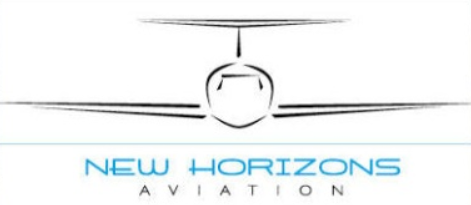Call: (574) 971-4221
Oops!
It looks like the page you are looking for no longer exists.
Please check out our menu to find what you are looking for.
Why Choose New Horizons?
We value passion over profit. Whether you're looking to start a career or begin a new hobby, we're here to help you fly!
Lower rates than most area schools
Clean, safe aircraft
On-site testing center
Friendly, family-run business
3 Easy Steps to Get You in the Air
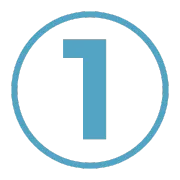
Book a Discovery Flight
Get in the air with one of our certified instructors and you’ll even take the controls!
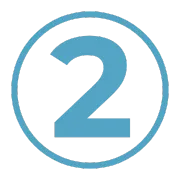
Begin Personalized Training
Learn at your own pace, right here in Goshen. We even offer on-site FAA knowledge testing.
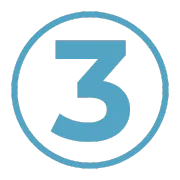
Fly with Confidence
Whether it’s for fun or a future career, we’ll help you reach your aviation goals.
What Our Pilots Are Saying
★★★★★
"Roger and his team are a great bunch of people. I could not have been more blessed with a better group of instructors to choose from."
~ Scott H.
★★★★★
"Want to fly? Doesn't get better. Excellent facility, equipment, and personnel."
~ RJ M.
★★★★★
"An excellent place to learn flying for a hobby, or to get all your requirements needed to be a commercial pilot."
~ Helen A.
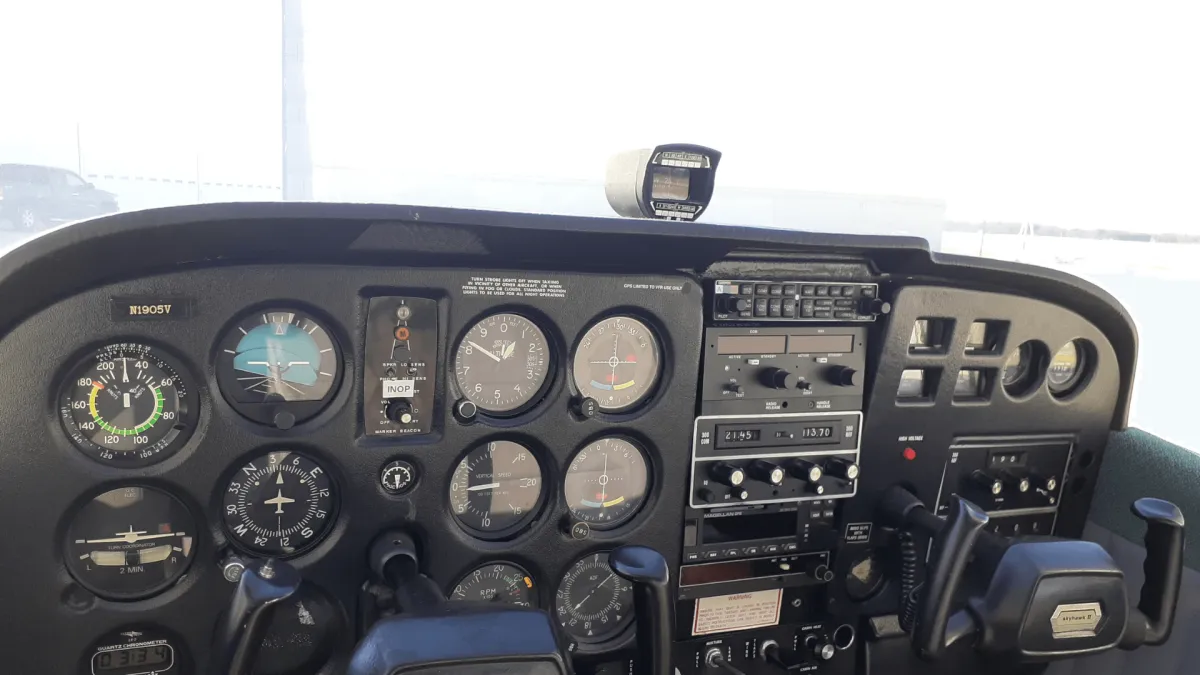
Ready to Get in the Air?
Flying is more than a dream. It’s a door to freedom, adventure, and opportunity.
Whether you want to fly for fun or for a future career, New Horizons is here to help you every step of the way.
Flight Training in Goshen, IN
Flight Training, Discovery Flights, Aircraft Rental, FAA Knowledge Testing
Areas served:
Goshen, IN
Copyright © 2025 New Horizons Aviation · Flight Training in Goshen, IN
